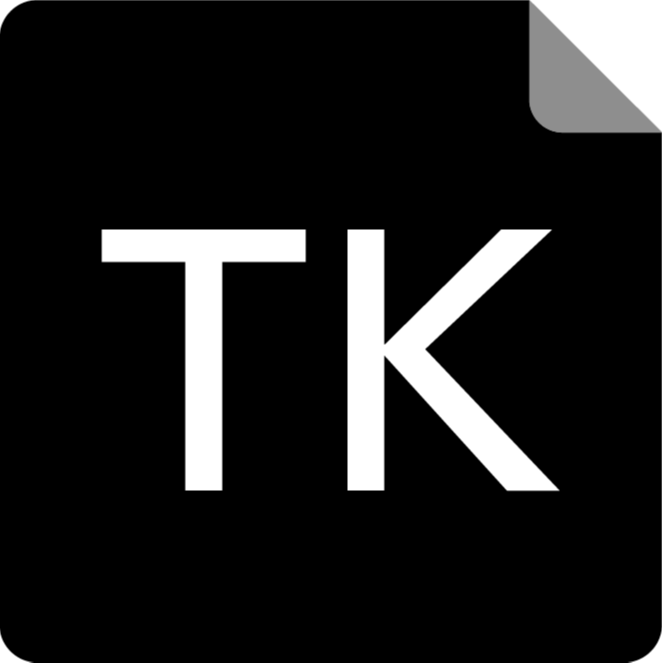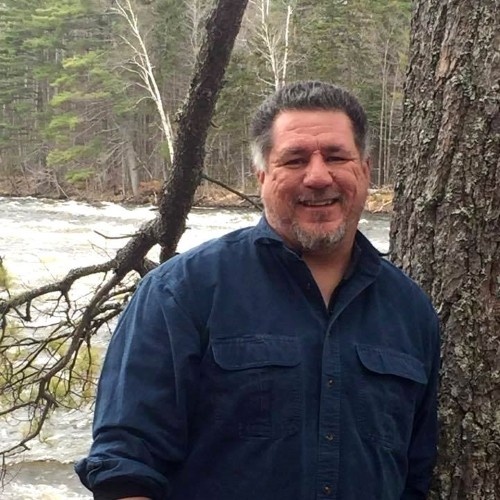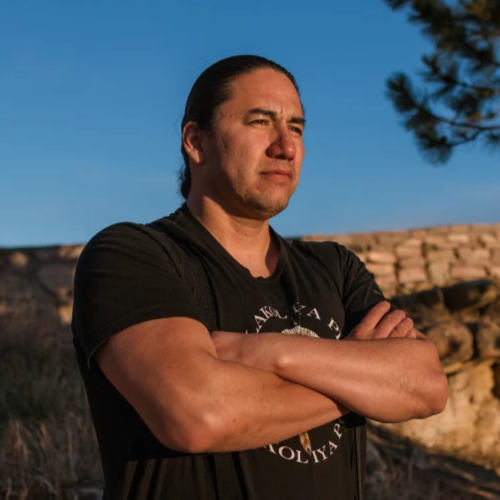Copyright and Ownership of Indigenous Languages
ENRICH Webinar Series
Event Information
January 20, 2023
2:00pm - 3:30pm Eastern Time (US & Canada)
Can someone own a language? How does the law work to assign authority, property, and usage rights over language materials? How can Indigenous Nations own or protect their languages? How can copyright law be used as a sword or a shield? What protections can be put in place to ensure Indigenous sovereignty and governance over Indigenous language materials?
Language, stories, names, songs, and histories are vital to Indigenous continuance and sovereignty. Histories of extraction and the ongoing violence of language documentation by non-Native peoples threaten Indigenous power and governance. Join us as we discuss pressing legal challenges surrounding copyright law and claims of ownership over Indigenous language materials. Guest panelists will weigh in on specific tribal examples and legal experts will provide strategies and practical solutions for protection.
Rights and Permissions
Panelists Permissions
This recording was made with the expressed permission of the panelists for educational purposes only. The views expressed at, or through, this site are those of the individual authors writing in their individual capacities only – not those of their respective employers, or communities as a whole.
Ray Taken Alive's session is intended for educational purposes only. All of the media materials whether video, audio, written text, photographs or illustrations, are intended for educational use only. However, the content of the traditional knowledge and cultural teachings and understandings, and oral history conveyed in the talk remain the intellectual and cultural property of the Standing Rock Sioux Tribe and the Ocheti Shakowin, now and forever.
Any use or re-use of these materials outside the educational purposes requires prior consent from the Standing Rock Sioux Tribe and the Taken Alive family.
Legal Advice
The information provided on this webinar does not, and is not intended to, constitute legal advice; instead, all information, content, and materials are for general informational purposes only. Specific nuances can dramatically change the legal outcome in a specific situation. Consult with a lawyer directly before taking legal action.
ICIP - Indigenous Cultural and Intellectual Property
All materials, including text, graphics, design, names, logos, and underlying software are protected by copyright owned or licensed by us, and you acknowledge and agree that this is the case.
Except as permitted by law, you must not modify, copy, reproduce, frame, upload to a third party, post, transmit, or distribute the material except as provided for in these Terms unless authorized in writing.
Traditional Knowledge (TK) and Biocultural (BC) Labels, Notices, and Template Text © 2015 - 2022 Local Contexts. All Rights Reserved.
These webinars are designed specifically for Native communities as a knowledge-sharing space. Traditional Knowledge is here being shared for educational purposes. Any unlawful, commercial, unauthorized, or unattributed use is prohibited.
Local Contexts Notice
 The TK (Traditional Knowledge) Notice is a visible notification that there are accompanying cultural rights and responsibilities that need further attention for any future sharing and use of this material. For more information, visit localcontexts.org.
The TK (Traditional Knowledge) Notice is a visible notification that there are accompanying cultural rights and responsibilities that need further attention for any future sharing and use of this material. For more information, visit localcontexts.org.
Local Contexts Project: ENRICH 2023 Webinar Series
Speakers

James Francis, Sr.
James Francis, Sr. (he/him) is Penobscot Nation’s Director of Cultural and Historic Preservation, Tribal Historian, and Chair of the Penobscot Tribal Rights and Resource Protection Board. As a historian, James studies the relationship between Maine Native Americans and the landscape. James is the on the Co-Chair of the Abbe Museum’s Board of Trustees, and Co-Director of Local Context an initiative to support Native, First Nations, Aboriginal, and Indigenous communities in the management of their intellectual property and cultural heritage. James also serves on the UMaine’s Hudson Museum Advisory Board. James is a historical researcher, photographer, filmmaker, painter, and graphics artist.

Ray Taken Alive
Ray Taken Alive (Hunkpapa Lakota) (he/him) is a Lakota language teacher, learner, and activist for the Standing Rock Nation in South Dakota. Ray has advocated and successfully campaigned for Tribal access, governance and intellectual property protections over Lakota language materials that have been held by unauthorized third parties. Ray has contributed to podcasts, national news articles, and the larger public discussion on Indigenous data sovereignty and language revitalization. Follow Ray on tiktok and twitter (@raytakenalive).
Elliot Bannister
Elliot Bannister (they) has been learning Dakota/Lakota for over a decade. They live at Standing Rock, and provide support as needed in community language efforts. Their primary focus is the Wóoyake Project, a four-year project to rematriate Dakota/Lakota language recordings from institutions around the world and make them accessible to learners via an interactive, searchable, and culturally-sensitive website. In addition, they are finishing a Masters of Education at Sitting Bull College, where they also teach a number of language courses and delight in hearing the new speakers thrive.

Digital Justice Foundation
The Digital Justice Foundation (“DJF”) advocates for rights in digital spaces and aims to ensure that traditional notions of justice and civil liberties continue to thrive in the digital age. In carrying out this mission, the DJF places a particular focus on being a voice for underrepresented individuals and interests.The DJF’s work in copyright law serves as an important cornerstone of this mission. The DJF is committed to ensuring that technology and traditional rights develop hand-in-hand.


